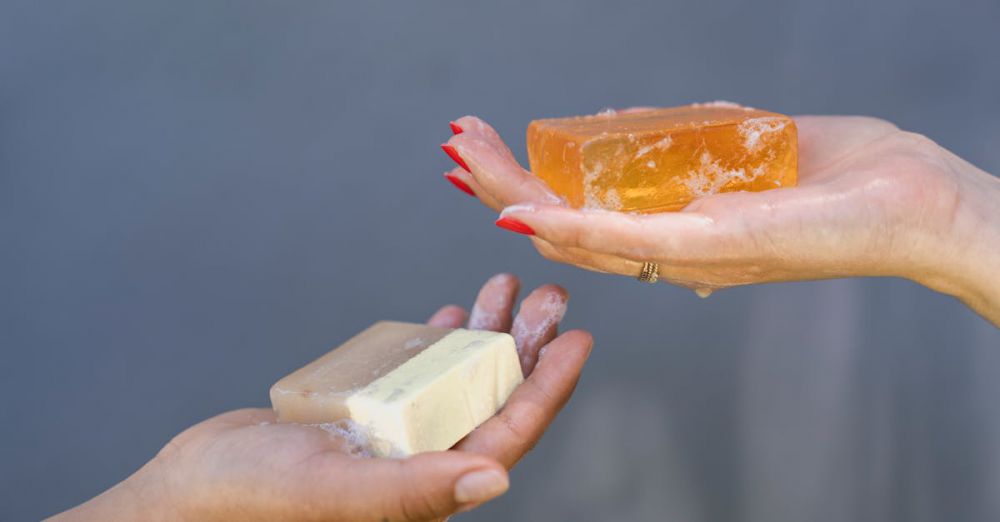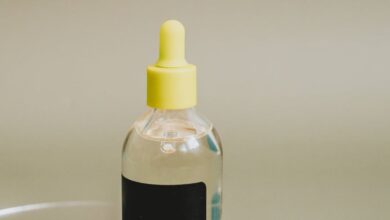How to Pick the Right Cleansers for Sensitive Skin
Sensitive skin requires a delicate approach, particularly when it comes to cleansing. The right cleanser can make all the difference in maintaining skin health and preventing irritation. With countless products on the market, choosing the best one can feel overwhelming. However, understanding your skin’s unique needs and the ingredients that matter can simplify the process.
Understanding Sensitive Skin
Sensitive skin can manifest as redness, dryness, or irritation in response to various factors, including environmental conditions, products, or even stress. Individuals with sensitive skin often react negatively to harsh ingredients found in many cleansers, such as sulfates and alcohol. Identifying what triggers your sensitivity is crucial. It could be a particular ingredient or a combination of environmental factors. The goal is to find a cleanser that cleanses effectively without stripping the skin of its natural oils.
Look for Gentle Ingredients
When selecting a cleanser, prioritize gentle, non-irritating ingredients. Look for formulas that are free of parabens, fragrances, and dyes, as these can exacerbate sensitivity. Instead, opt for cleansers with soothing components like aloe vera, chamomile, or calendula. These natural ingredients help to calm inflamed skin and promote healing. Additionally, consider cleansers containing glycerin or hyaluronic acid, which provide hydration while cleansing.
Consider the Type of Cleanser
Cleansers come in various forms, including gels, foams, creams, and oils. For sensitive skin, cream or oil-based cleansers are often the best choices. Cream cleansers provide hydration while effectively removing dirt and makeup without stripping the skin. Oil cleansers, on the other hand, dissolve impurities and provide moisture, making them excellent for dry or sensitive skin types. Foaming cleansers, while popular, can be too harsh and drying for sensitive skin, so it’s best to approach them with caution.
Test Before Committing
Before fully committing to a new cleanser, consider patch testing. Apply a small amount of the product on a discrete area, such as behind your ear or on your wrist. Wait 24-48 hours to see if any irritation develops. This simple step can save you from a major skincare mishap. If you experience redness, itching, or burning, it’s best to avoid that product and look for alternatives.
pH Balance Matters
The skin’s natural pH is slightly acidic, typically ranging from 4.5 to 5.5. Cleansers that are too alkaline can disrupt this balance, leading to further irritation and sensitivity. Look for pH-balanced cleansers that maintain this natural acidity. Many brands now highlight pH levels on their packaging, making it easier for you to choose the right product.
Avoid Exfoliating Cleansers
While exfoliating cleansers can be beneficial for some skin types, they are often too harsh for sensitive skin. These products contain physical or chemical exfoliants that can irritate and damage the skin barrier. Instead, focus on gentle cleansing formulations that cleanse without exfoliating. If you feel the need to exfoliate, consider using a separate, mild exfoliating product once or twice a week, and always follow up with a soothing moisturizer.
Hydration is Key
After cleansing, it’s essential to hydrate your skin. Sensitive skin can easily become dry and tight after washing, so apply a nourishing moisturizer immediately after cleansing. Look for products that contain ceramides, which help restore the skin barrier, or antioxidants that provide additional protection against environmental aggressors. This step will help maintain hydration and shield your skin from potential irritants.
Final Thoughts: Embrace Your Skin’s Needs
Finding the right cleanser for sensitive skin is a personal journey that requires patience and understanding. Focus on gentle, hydrating ingredients, and be mindful of your skin’s responses. By prioritizing your skin’s needs, you can achieve a balanced and healthy complexion. Remember, your skin is unique, and what works for someone else may not work for you. Embrace the process and give yourself the time to discover what truly nurtures your sensitive skin.







